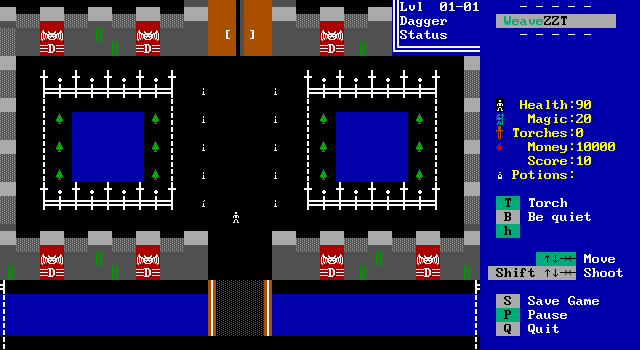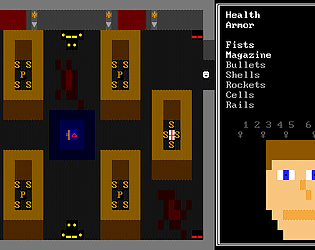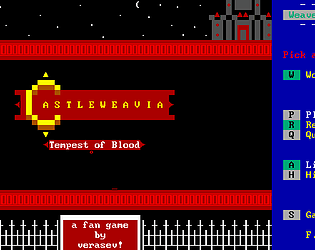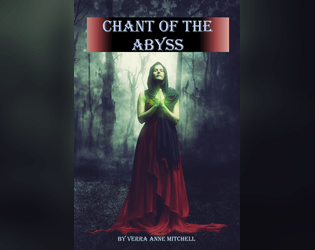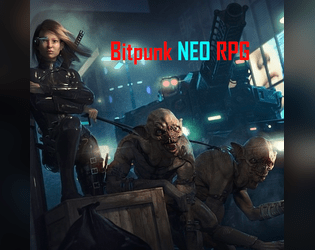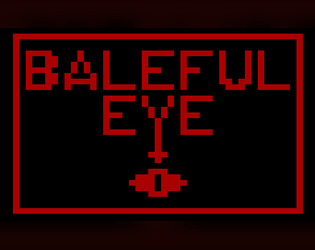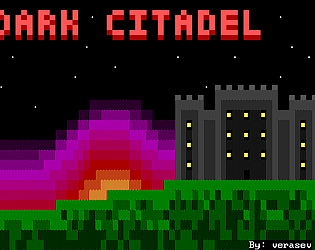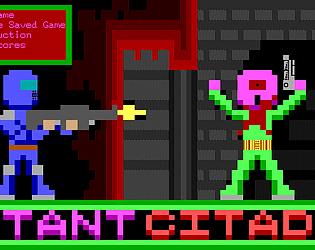I'm looking forward to seeing where you take this one. Will you have a downloadable version at some point?
verasev
Creator of
Recent community posts
Listen, if the players don't all kill themselves after playing this game you're doing it wrong. The whole point is for them to kill themselves. To confirm the meritocracy the blood has to look like it's on their hands. Or you could get impatient and enact fascism to kill them and yourself. Doesn't matter much either way. The lolcows are all out of milk and there's nothing left but emptiness.
Though when it comes to shared arts, such as games, it's the artist or dev's duty to convey their idea or intent.
I think I agree with most of what you said but this makes me hesitate. What if the intent were something more nebulous? Like using a game to explore an idea where you have no firm conclusion about the thing yet? Duty might be the wrong word. People prefer that intent is conveyed but there is really nothing owed there. David Lynch does fine despite not quite conveying his intent. I could see something like that working for a game.
I am basically taking things I like, often nostalgically, and turning them, a bit at a time, into something that seems better than what I had when I started. I am corrupting the corpse of the dead god that is the past into something diseased and alive, slowly but surely. You could frame that as politically reformist but in non-game politics I tend to like more sweeping changes.
I suppose I should try to clarify why I'm asking. I've seen several commentaries on various platforms about the Stanley Parable, video essays, etc. The most common interpretation I've seen is that the game was saying there was something wrong, violating, about the act of criticism itself. A few other things after got me thinking. In particular, a Bethesda dev's article about Starfield that amounted to "people have no idea what the intent of a creator is or why things are like they are in the created work so (politely) shut up, please." That made me reflect on the fact that the people interpreting the Stanley Parable were also people making content for money (articles, YouTube video essays, etc). And then it gets more complicated when you factor in legitimate concerns about parasociality.
I keep seeing people complaining about people thinking too much about art, about it becoming too intellectualized and losing being about feelings. To what extent is that a legitimate complaint and to what extent is that clever capitalist content creators finding a less suspect way to complain that people are figuring out their tricks?
I released a Castlevania fangame in Weave ZZT called Castleweavia. If you like fairly fast paced topdown action games with semi-text mode graphics, give it a shot. I also have a few other ZZT/Megazeux variant games as well as several tabletop print and play games. What I would like is to get some feed back on my projects. I want to improve, so I need some criticism. Of the tabletop games, I'd recommend Dominus and Bitpunk NEO RPG, as they are probably the most well-developed at the moment (although the latter has unfinished monster statistics. It does include rules for building your own monsters).
https://verasev.itch.io/castleweavia
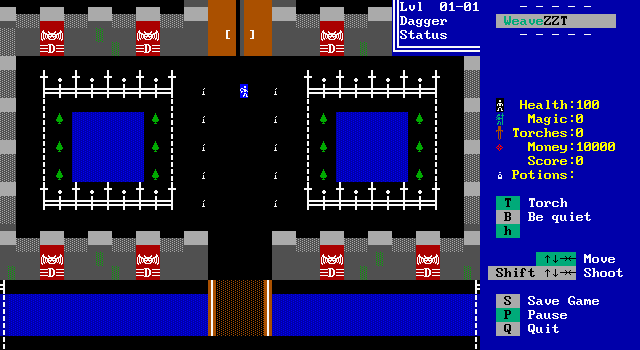
Three zzt variant games, some print and play boardgames, and a tabletop rpg. This is the latest game: Castleweavia - A Castlevania fan game made in Weave ZZT.